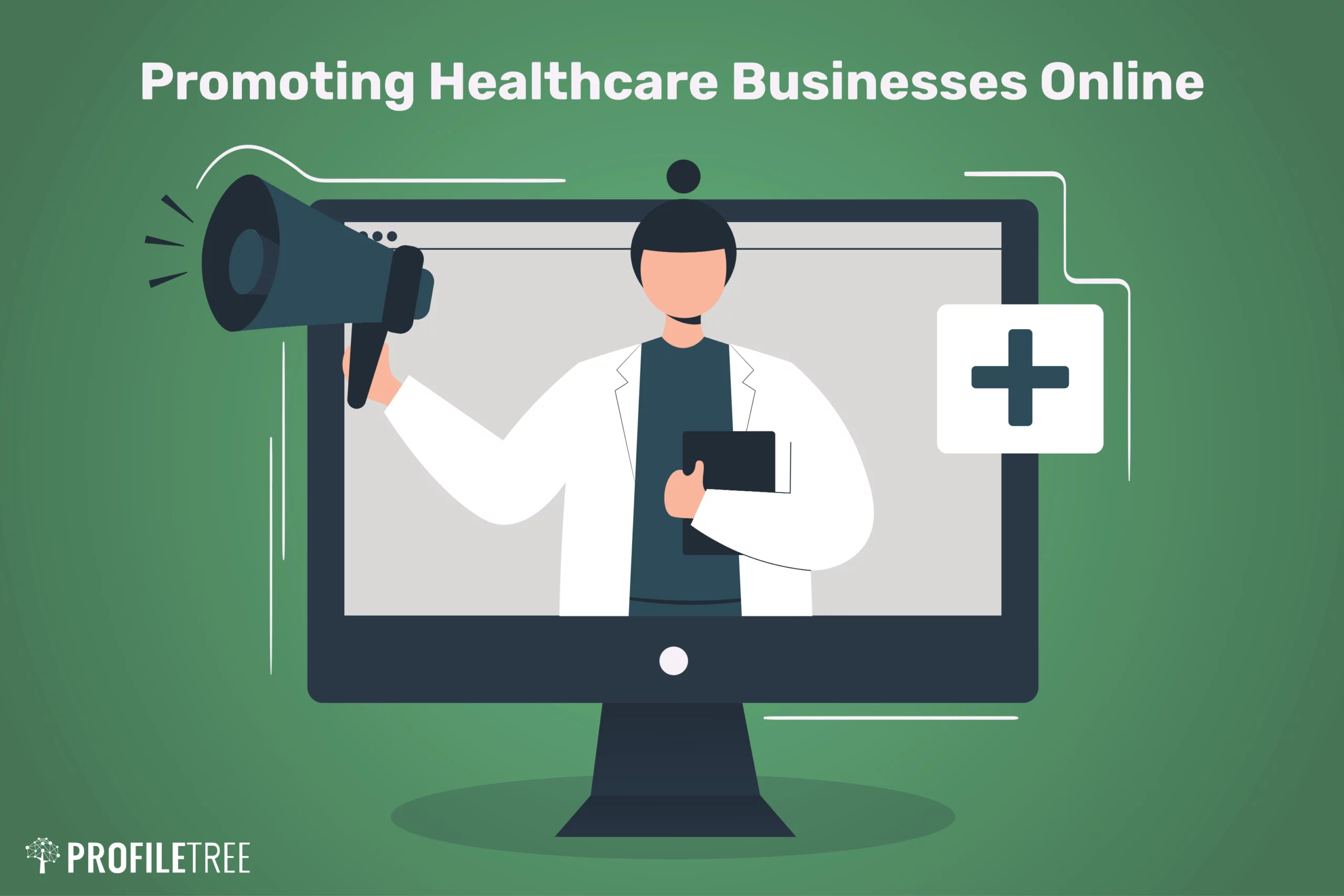The Effect of Subscription Based Healthcare on Traditional Clinical Practices
The Effect of Subscription Based Healthcare on Traditional Clinical Practices
Blog Article
Navigating the Future of Medicine With Subscription-Based Healthcare Provider
As the healthcare sector advances, subscription-based solutions become an essential design assuring to improve individual treatment distribution. With the possible to use structured, economical remedies with foreseeable pricing and personalized interest, these services stand at the leading edge of contemporary clinical development. Yet, as we consider their surge, one have to contemplate the ramifications of integrating such systems into existing healthcare structures. What challenges do they posture in terms of information security and fair access, and just how might they redefine the patient-provider relationship? The solution to these concerns can essentially modify our method to medical care.
Increase of Registration Health Care
As healthcare systems worldwide face increasing stress from increasing expenses and need for services, the advent of subscription-based health care designs has become a transformative fad. This ingenious approach is disrupting typical medical care shipment by offering a foreseeable, flat-rate repayment framework for clinical services. Rooted in the principles of concierge medicine, subscription-based medical care permits service providers to concentrate on personalized individual care while all at once managing functional performances.
The increasing customer demand for transparency and predictability in healthcare expenditures has actually driven the shift in the direction of this design. Subscription-based services often supply direct accessibility to health care experts, which can decrease the management problems associated with insurance policy cases and compensations.
This model is getting grip amongst diverse doctor, from health care medical professionals to specialized centers, by aligning monetary rewards with preventative and constant treatment. By shifting the emphasis from quantity to value-based care, registration healthcare has the prospective to improve the landscape, fostering a more sustainable and patient-centered method to health and wellness management.
Benefits for People

Additionally, subscription-based solutions frequently highlight preventive treatment, urging normal exams and wellness testings. This aggressive strategy can lead to early discovery of wellness concerns, possibly boosting end results and lowering lasting medical care expenses for individuals. Such designs generally offer transparent rates, enabling clients to better recognize their health care expenses and avoid unanticipated medical bills.
The personalized nature of subscription-based medical care likewise enhances person experience. Individuals can receive customized health care plans that match their particular needs, cultivating a much more patient-centric approach. This customization can result in better individual fulfillment and adherence to treatment strategies. Membership solutions typically incorporate wellness programs, sustaining patients in keeping overall wellness and well-being. Eventually, these benefits jointly contribute to a more effective, economical, and patient-friendly healthcare experience.
Innovation's Duty in Transformation

Expert system (AI) plays an important role in predictive analytics, aiding in early diagnosis and customized therapy strategies. AI formulas examine substantial datasets to identify patterns that may be neglected by human monitoring, therefore boosting professional decision-making. Furthermore, electronic health records (EHRs) enhance individual information monitoring, making sure connection and coherence of treatment throughout different services and providers.
Blockchain modern technology boosts information safety and privacy, crucial for maintaining client rely on electronic systems. It enables clear and protected purchases of medical information, ensuring Full Article that sensitive details continues to be secured. With the assimilation of maker discovering and AI, blockchain can automate complicated healthcare procedures, reducing administrative concerns.
Considerations and obstacles
While modern technology thrusts the capabilities of subscription-based healthcare solutions, it additionally introduces a set of obstacles and considerations that have to be resolved to make certain effective application. One considerable difficulty is the fair ease of access of these services.
Information privacy and safety represent another critical consideration. Subscription-based solutions usually require the collection and storage space of huge quantities of personal wellness info. Providers should abide by stringent information security laws to maintain client trust and protect against unauthorized accessibility, which could result in considerable ethical and lawful consequences.
Additionally, the sustainability of subscription models postures an obstacle. As healthcare needs evolve, preserving an affordable equilibrium between membership charges and solution high quality is important to prevent client frustration and attrition. Integrating these services within standard health care systems requires seamless interoperability between systems, which is often a complex and resource-intensive venture. Resolving these obstacles is important as subscription-based medical care solutions remain to evolve and increase.
Future Ramifications for Medicine
Subscription-based health care services are positioned to significantly affect the future landscape of medication by improving how care is accessed and supplied. These models provide the possible to equalize healthcare access, supplying people with more timely and personalized interventions. By leveraging technology, such as telemedicine and data analytics, membership services can promote constant tracking and tailored wellness management, therefore improving end results and decreasing the worry on conventional healthcare systems.
As these solutions gain grip, they could boost a change in the direction of preventative treatment, emphasizing the relevance of early detection and management of chronic conditions. This aggressive strategy may ultimately reduce healthcare costs by alleviating the demand for costly therapies occurring from late-stage disease monitoring. Subscription versions offer a scalable service to attend to disparities in medical care accessibility, especially in country or underserved populations.
Nonetheless, the shift in the direction of subscription-based versions requires attending to governing and ethical factors to consider, including information privacy and fair access. As the industry develops, collective initiatives between policymakers, innovation developers, and doctor will be important to developing durable frameworks that protect individual passions while promoting development. Ultimately, these services guarantee to contribute substantially to an extra reliable, patient-centered medical care community.

Conclusion
Subscription-based medical care services represent click to read a significant evolution in the clinical field, using predictable costs and individualized treatment that enhance availability and prioritize preventive steps. As the healthcare landscape advances, membership versions are poised to play an essential duty in shaping the future of medication.
As the healthcare sector evolves, subscription-based solutions emerge as a crucial model guaranteeing to improve client treatment distribution.As medical care systems around the world face boosting stress from rising expenses and need for services, the development of subscription-based health care versions see here has actually emerged as a transformative fad (subscription based healthcare).With the rise of subscription-based health care designs improving typical health care delivery, clients are beginning to experience considerable benefits from this cutting-edge method. As medical care needs advance, preserving an affordable equilibrium between registration fees and solution quality is essential to avoid person discontentment and attrition.Subscription-based medical care services are positioned to significantly affect the future landscape of medication by reshaping just how care is accessed and provided
Report this page